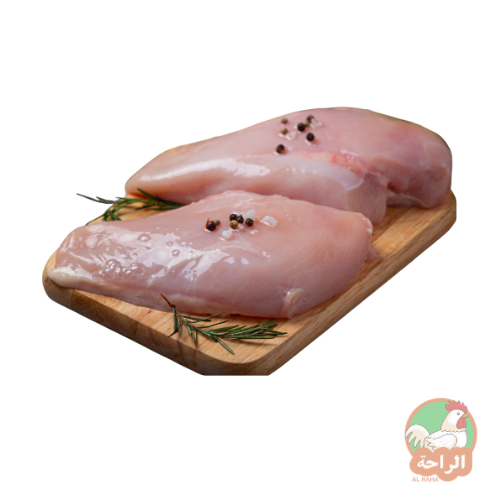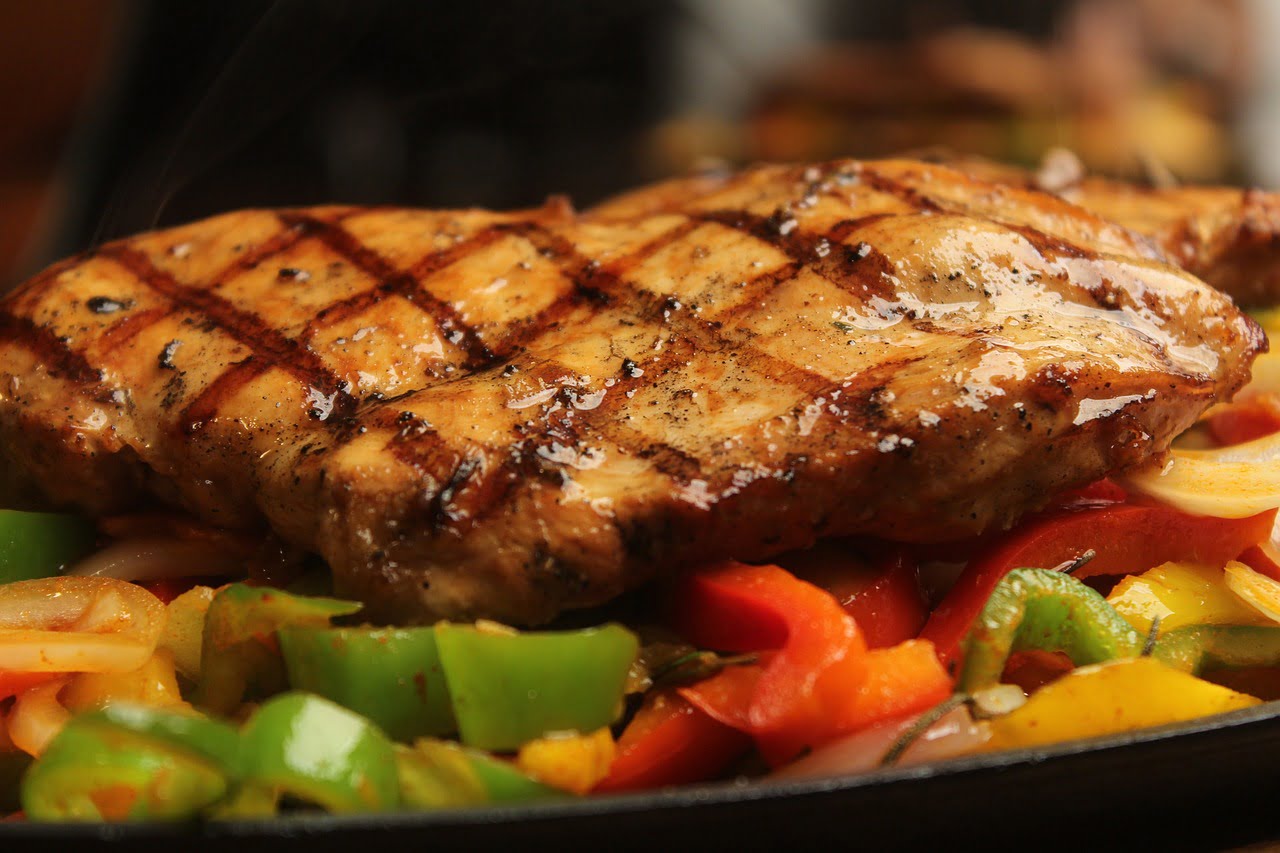If you are looking for a perfectly cooked, succulent, and flavorful chicken breast, you have come to the right place. Many home cooks struggle with how to cook chicken breast without drying it out. But with this comprehensive guide, we’ll teach you the best methods to cook chicken breast to perfection, just like a pro. So, let’s start.

The Nature of The Boneless Chicken Breast
Chicken breast, being a lean cut of meat, has less fat, which means it can easily turn dry if not cooked correctly. But don’t worry, with a few tips and tricks, you can transform this lean protein into a mouthwatering dish. Quality always matters when it comes to the meat you’re cooking. We recommend our high-quality, tender boneless chicken breast for the best results.
The Importance of Preparation
Before we dive into the cooking process, let’s talk about preparation. There are two main techniques you can employ to ensure a juicy chicken breast – marinating and brining.
Marination: This process helps to tenderize the meat and infuse it with flavor. A basic marinade includes oil (which adds moisture), an acid (like lemon juice or vinegar, which tenderizes the meat), and seasonings. Marinate the chicken for at least an hour, or for even better results, overnight.
Brining: This involves soaking your chicken breast in a solution of salt and water. The salt helps to break down the protein structure of the chicken, allowing it to absorb more moisture and stay juicy during the cooking process.
The Art of Cooking Chicken Breast
Cooking methods can significantly impact the outcome of your chicken breast. While there are numerous ways – grilling, baking, poaching – pan-searing is one of the most foolproof methods.
To pan-sear, heat some oil in a pan over medium-high heat. Pat your boneless chicken breast dry and season it well. Place the chicken in the hot pan and let it cook undisturbed for about 5-7 minutes on each side, until it’s golden brown and the juices run clear.
Professional Tips for Perfect Chicken Breast
1. **Uniform Thickness**: Either butterfly the chicken or pound it to even thickness for even cooking.
2. Optimal Temperature: Using a meat thermometer eliminates the guesswork. Scientifically, the safe internal temperature for cooked chicken is 165°F (74°C).
3. **Resting Time**: Allow the chicken to rest for a few minutes after cooking to let the juices redistribute.
Expanding Your Culinary Horizon
Mastering the basic technique opens up a world of possibilities. Experiment with different marinades and seasonings. Try using spices like cumin, turmeric, or paprika, or add a dash of sweetness with honey. Soy sauce, ginger, and garlic can give it an Asian twist.
Frequently Asked Questions
*How long should I marinate chicken?*
Ideally, marinate chicken for at least one hour. However, for a more flavorful chicken, marinate it overnight in the refrigerator.
*Can I brine and marinate the chicken?*
Yes, you can. Start by brining the chicken, rinse it well, and then proceed with the marination.
*What other cooking methods can I use?*
Chicken breast can also be baked, grilled, or poached. The method you choose depends on your preference and the recipe you’re following.
Now remember:
Cooking the perfect chicken breast may seem daunting, but with the right techniques, you can consistently achieve juicy, flavorful results. Quality ingredients, proper preparation, precise cooking, and a dash of love are the ingredients for a perfectly cooked chicken breast.
Remember, cooking is an art that improves with practice. So, don’t be discouraged if your first few attempts aren’t perfect. With each try, you’ll become more adept. So grab your apron, get your boneless chicken breast, and let’s embark on this culinary adventure together! Happy cooking!


